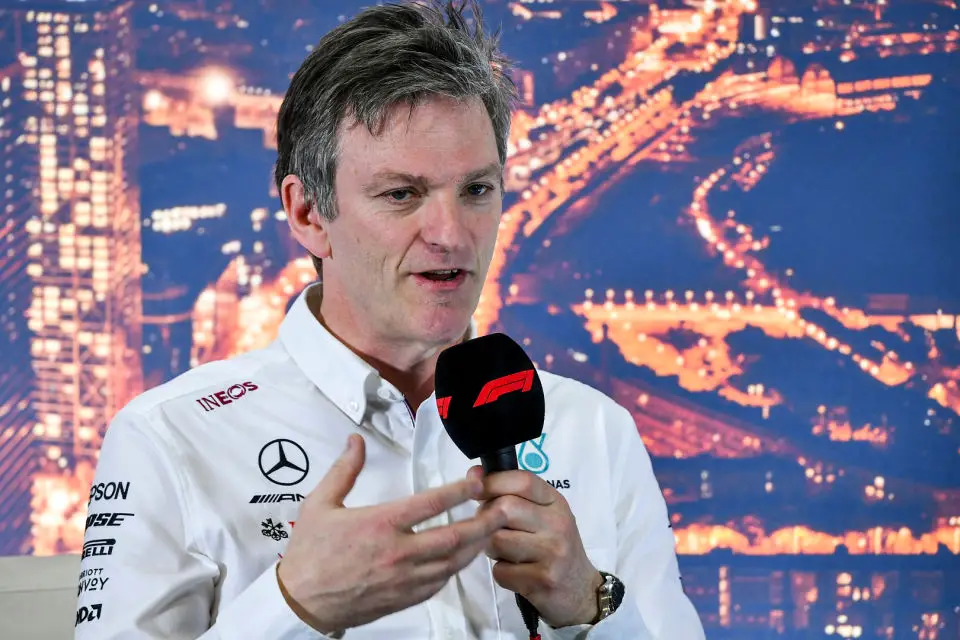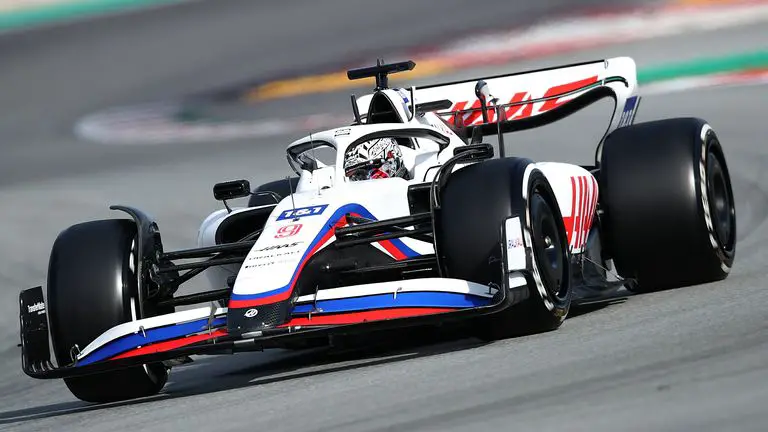F1 2026 Season: Rule Changes May Restrict Early Development to Level the Playing Field
In a recent development concerning the 2026 Formula One season, there’s a growing consensus among teams to potentially restrict early car development. This move aims to prevent newcomers from gaining an undue advantage and ensure a level playing field for all participants.
Key Takeaways:
- Equal Footing for Newcomers: The proposed rule change for the 2026 F1 season aims to ensure that all teams, including newcomers, start developing their cars at the same time. This is to avoid giving new teams an unfair time advantage in car development.
- Impact of the Budget Cap and Strategy Shifts: The introduction of the budget cap has made planning more crucial. Teams are strategizing for the significant changes expected in the 2026 regulations, particularly concerning power units and overall rules, which complicates the development process for the 2024 and 2025 cars.
- Potential Rule to Halt Early 2026 Development: Technical chiefs from existing teams have discussed halting the aerodynamic development of the 2026 cars in wind tunnels and CFD simulations until 2025. This suggestion, however, is yet to be confirmed as a rule by the FIA and the F1 Commission.

The Formula One community is abuzz with the prospect of a significant rule change affecting the development of cars for the 2026 season. As the sport braces for a major overhaul in regulations and power units, teams are finding themselves in a strategic quandary. The need to balance immediate and future performance is more critical than ever, especially under the constraints of the newly implemented budget cap.
James Allison, Mercedes Chief, encapsulated the situation aptly, saying, “The cards will be completely reshuffled. Everything that happened before no longer counts. Everyone starts with a blank sheet of paper.” This statement reflects the magnitude of the changes expected and the reset in strategies it necessitates.
One critical aspect of these discussions is ensuring a fair start for all teams, particularly the newcomers. There’s a palpable concern that early starters, especially new entrants, might gain a significant advantage if they begin their development work too soon. This concern is exemplified by the situation at Alfa Romeo Sauber, which is set to be taken over by Audi in 2026. Sauber CEO Andreas Seidl indicated that much of the team’s resources in 2025 would be allocated towards the 2026 car, highlighting the strategic shifts teams are contemplating.
Despite the consensus among technical chiefs, the implementation of any rule to restrict early development is not yet certain. The decision requires intervention from both the FIA and the F1 Commission. As the sport gears up for these significant changes, teams, officials, and fans alike wait eagerly for clarity on the rules that will shape the future of Formula One.

